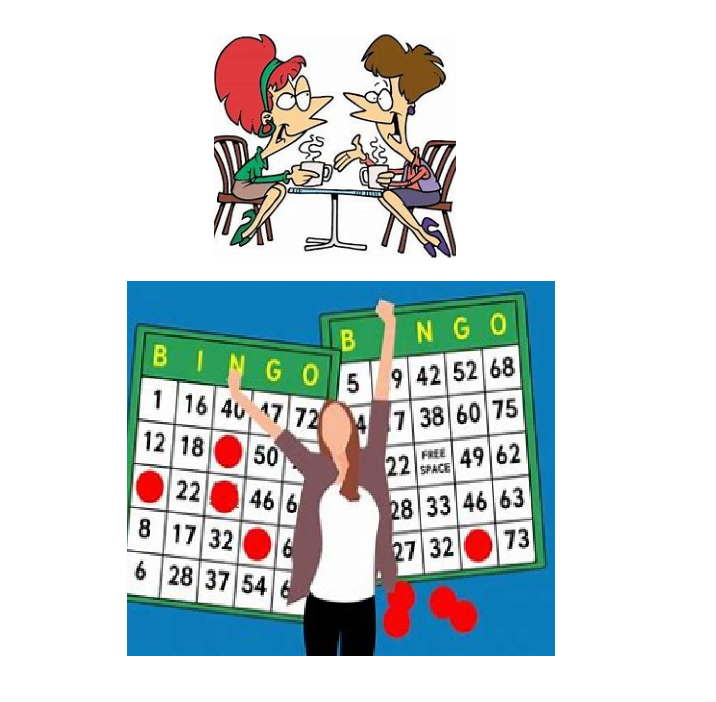Robertson v Anderson, [2002] ScotCS 312
Citation: Robertson v Anderson, [2002] ScotCS 312
Rule of thumb 1: If you go to bingo with another person and agree to share the winnings if either person wins, is a contract formed? Yes, this is an oral contract which has to be honoured.
Rule of thumb 2: Where 2 people or more are involved together in a low-key commercial enterprise, is a contract formed? Yes, an oral partnership contract is formed.
Judgment:
2 ladies had gone to play Bingo together, and they agreed that if either of them won then they would share the winnings. One of them did inevitably win and did not want to share the winnings, and the other lady sued. The Court held that there was an obligation to pay as there was an intention to create legal obligations – social contracts like this often do not create legal obligations but this was deemed to be a joint venture which gave an enforceable contract, ‘We find it difficult to understand why, on previous occasions, the parties would have agreed to treat the National Game differently from other games, and to share the winnings only of the former, unless that agreement had been seriously intended. If that agreement was seriously intended, then the agreement on the night in question is also likely to have been seriously intended. The defender's statements, as reported by Mrs. McDonald and others, also strongly suggest that she understood the agreement to have been binding upon her, and to have had the effect that she was entitled to only half the winnings. The evidence does not suggest that the agreement was merely light-hearted conversation. It appears to have been understood, by both parties, as constituting an informal joint venture, under which each of them played the game for their joint benefit in the event of a win, thereby doubling the opportunity for each of them to participate in the winnings. Although this was undoubtedly an informal arrangement made between friends, the Lord Ordinary was nevertheless entitled to conclude that it was an agreement which gave rise to legal consequences. Just as in Simpkins v. Pays, which concerned an informal syndicate among acquaintances entering a newspaper competition together, an intention to create legal relations can be inferred’, Lord Reed

Warning: This is not professional legal advice. This is not professional legal education advice. Please obtain professional guidance before embarking on any legal course of action. This is just an interpretation of a Judgment by persons of legal insight & varying levels of legal specialism, experience & expertise. Please read the Judgment yourself and form your own interpretation of it with professional assistance.

